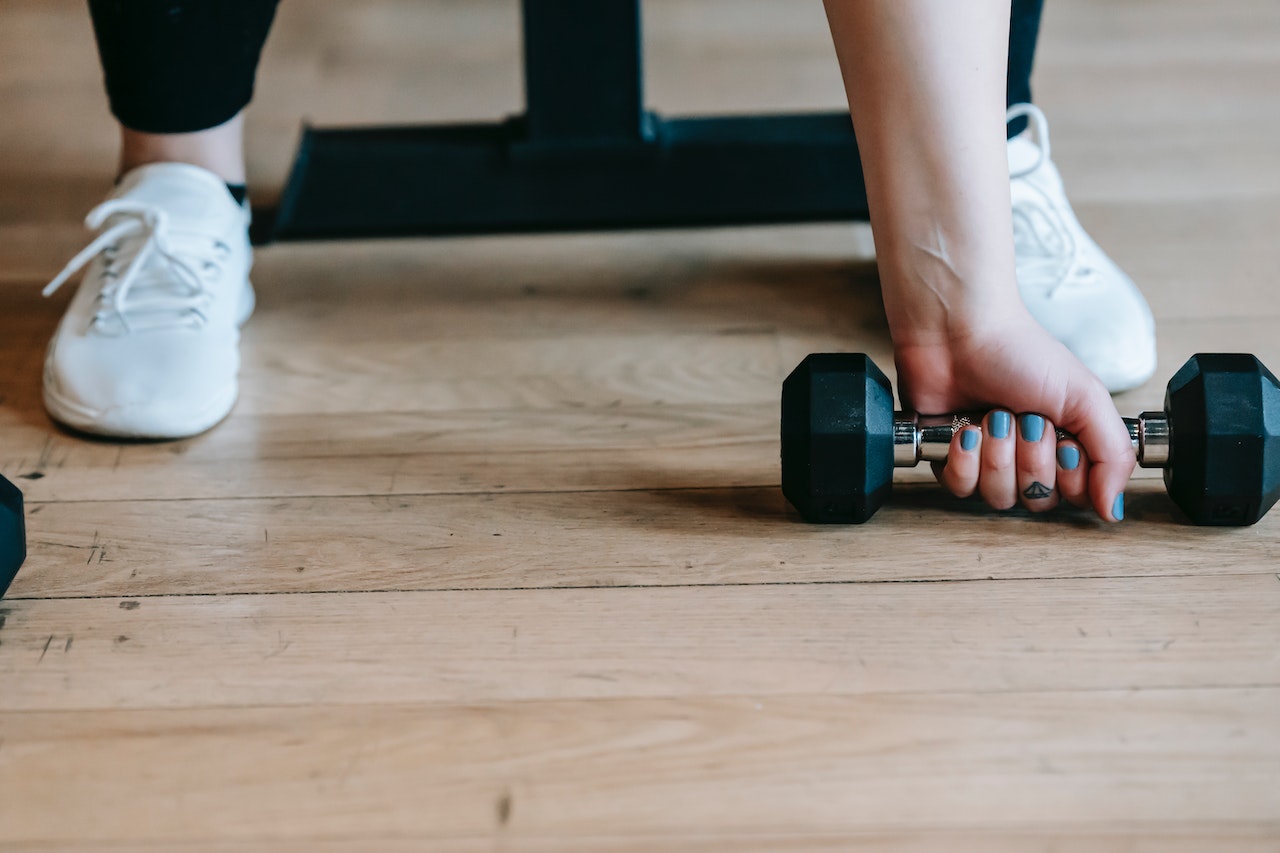Waking up tired and moody day after day can turn us into a grumpy, low-energy shell of a person. Consistent lack of sleep is quite detrimental to our health in more ways than one. From heart disease and diabetes to obesity, sleep debt puts us at risk of many serious illnesses and disorders.
Thankfully, there are ways you can get back control of your sleeping hours.
If you also ask, what are 10 tips to improve sleep naturally and without medication? Here are ten effective solutions.
1. Create and Stick to a Sleep Schedule
Waking up and going to bed at the same time every day can help you fall asleep more quickly. However, getting into this habit may take several weeks.
2. Exercise Regularly
Research suggests exercise can reduce symptoms of insomnia while enhancing sleep quality. It’s an easy and healthy solution that promotes sleep through different pathways.
Try getting some form of exercise while the sun’s still out.
3. Limit Bed Use for Sleep
Limiting bed use helps your brain associate bedtime only with sleep. If you tend to watch TV or scroll on your phone while in bed, you may struggle to fall asleep.
Try to put all devices away before getting in bed.
4. Create a Comfortable Sleep Environment
If you’re thinking about how to sleep through the night without waking up, consider what your sleeping space looks and feels like.
A comfortable sleep environment can promote feelings of relaxation, help us fall asleep faster, and stay asleep through the night.
Your bed, mattress, and pillow must be perfect for your body and sleeping position. Keep the room dark with blinds or thick curtains. Make sure the temperature is comfortable, and you can hear little to no noise.
5. Try Sleep Rituals
Another answer to how do I get better uninterrupted sleep is by practicing rituals that tell your brain and body it’s time for bed.
Sleep rituals can include bedtime reading, listening to music, drinking warm milk, meditating, or any activity that helps you relax.
6. Avoid Consuming Caffeine or Alcohol
Consuming caffeine and alcohol can disrupt natural sleep patterns and worsen symptoms of sleep apnea. It can also cause you to get up and pee at night.
You can freely consume these drinks during the day; just avoid them 1 to 2 hours before your set bedtime.
7. Eat Dinner Early and Keep It Light
A heavy meal close to bedtime can affect sleep quality by disrupting the release of sleep hormones. If you’re having a late dinner, keep the carbs low.
It’s best to have dinner at least four hours before bedtime.
8. Manage Stress and Anxiety
Getting rid of stress and anxiety entirely isn’t possible. However, you can reduce your stress levels before going to bed.
Integrating evening activities like reading, warm baths, relaxation, or meditation into your routine will do wonders.
9. Avoid Daytime Napping
Some people who wonder how to get to sleep when you can’t are in the habit of daytime napping. It can confuse your internal clock, which will affect your sleep quality.
Try shortening your daytime naps or avoid them altogether. It’s a positive cycle—getting a good night’s sleep will make you feel well-rested and eliminate the need for naps.
10. Get Checked for Underlying Medical Conditions
If no other solution works for you, it may be best to get checked for sleeping disorders or other underlying medical conditions. Understanding the cause of interrupted sleep is the first step to making it better.
Conclusion
There are many reasons for interrupted sleep, but they can be mitigated with these ten simple tips. Start with something simple, and you’ll soon find yourself waking up well-rested after consecutive nights of uninterrupted and peaceful sleep.




